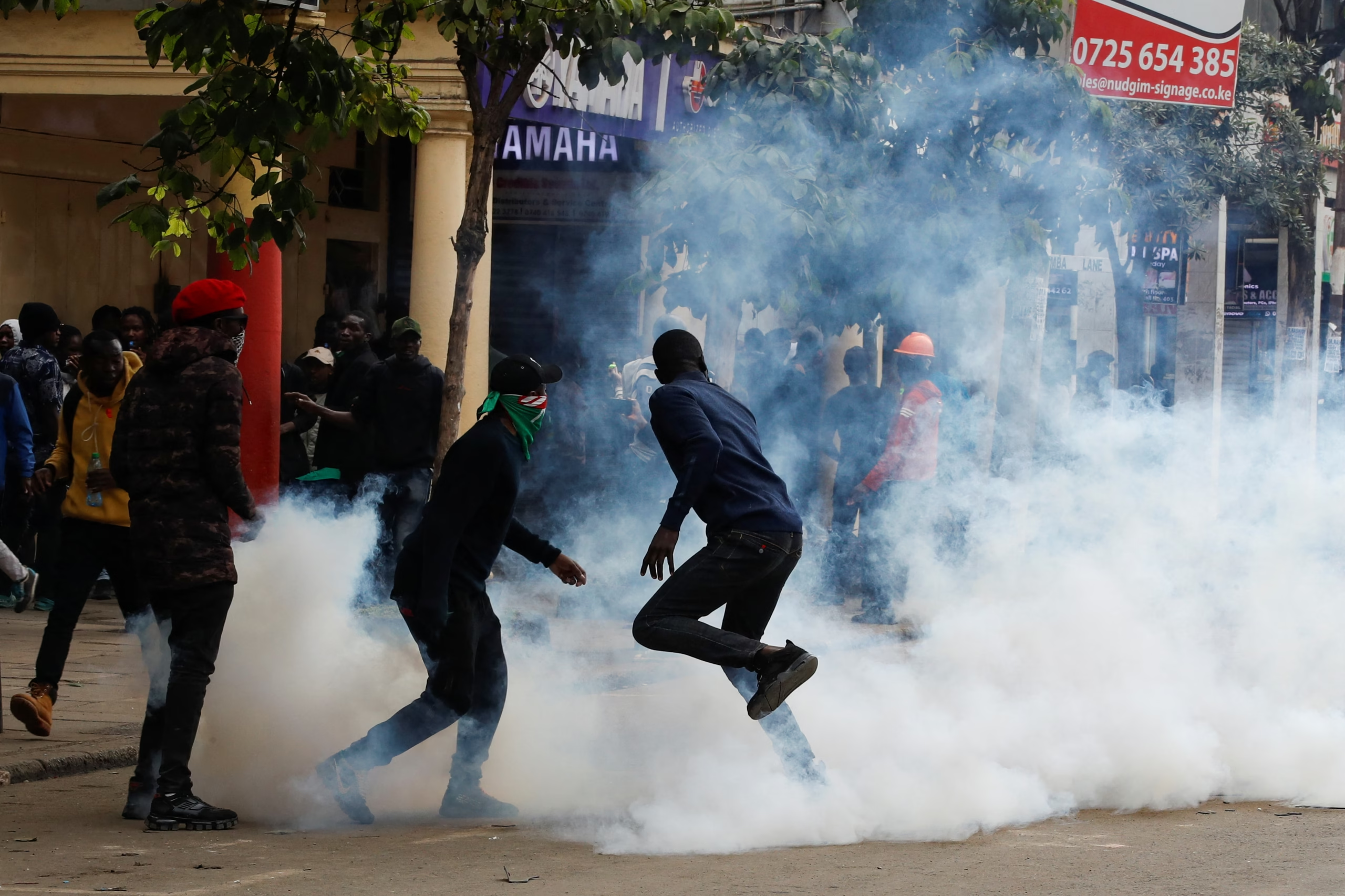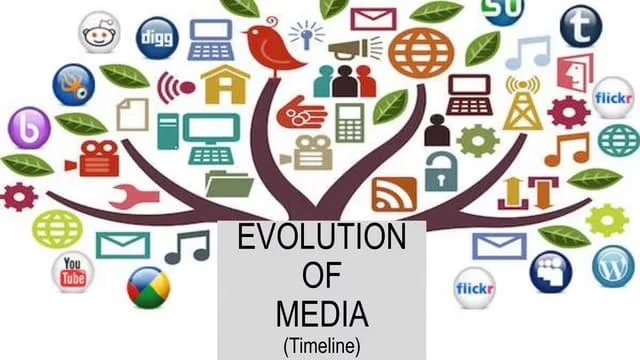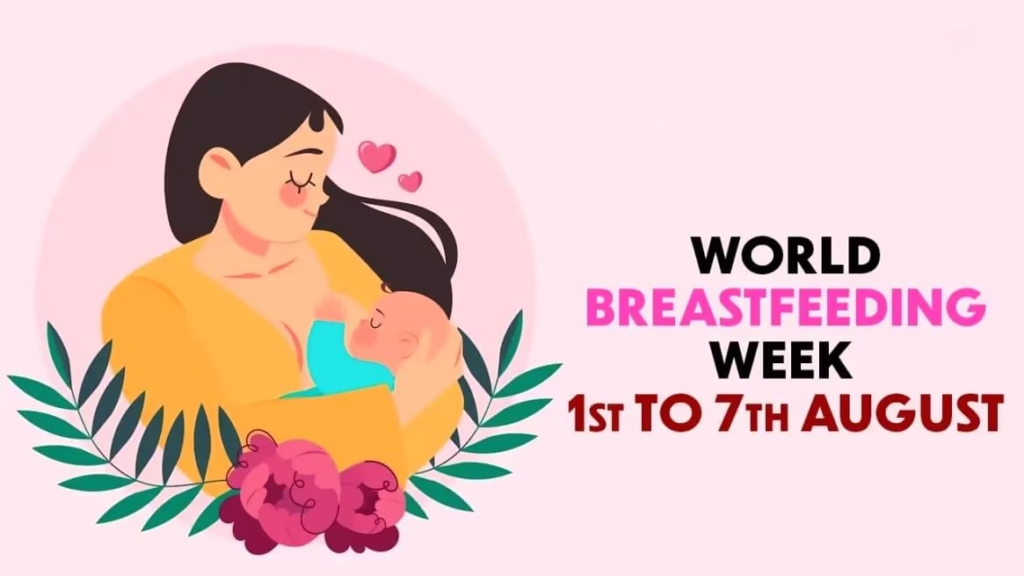
In Kenya today, a growing sense of fear and disillusionment has gripped the citizens. The very institutions meant to protect and uplift them now seem complicit in their suffering. As corruption thrives, police brutality escalates, and basic services deteriorate, ordinary Kenyans are left to ask: Who truly represents their interests? The promise of change made during election campaigns fades quickly once power is secured, leaving behind a trail of broken systems, injustice, and rising inequality.
Where the protectors become the threat, where do the citizens turn? In Kenya, where corruption, police brutality, joblessness, and inequality continue to rise, the question of citizen safety becomes more urgent than ever. Citizens are no longer sure if the government is there to serve them or silence them.
From the streets of Nairobi to the villages of Marsabit and Turkana, the citizens who live there face a lot of challenges, but what do our leaders do? They just assume they are the same leaders who promised us changes during the election period.
Various hospitals across the country lack medicine while our leaders travel abroad for treatment. Youth cry out for jobs while the leaders loot billions from public funds. Poor families go hungry due to a lack of food and increased prices; therefore, this leads to malnutrition. While the common citizens lack school fees to pay for their kids, some leaders are taking their kids to expensive international schools.
Police officers who are meant to protect our country are the ones causing conflict now and then. A good example is during the Genz protest that happened on June 6th, 2025. What we witnessed as citizens Police officer just shoot an innocent hawker dead who was just hawking masks. Is that fair, even?
Another bold case is Mr. Ojwang, a humble carpenter from Siaya county, who still waits for justice after losing his only son, Albert Ojwang, just one month ago during a peaceful demonstration.
“He had dreams,” Mr.Ojwang says quietly. He was going to be the first graduate in our family. They took him from us for holding a placard”. The most painful part is when Mr.Ojwang said he carried a title deed from Siaya to help his only son.
To date, no one has been arrested or held accountable. The Ojwang’s family was left with pain, silence, and a grave. To this day, Mr. Ojwang visits his only son’s grave still asking the same question many Kenyan parents ask. Who will protect our children from the very people meant to protect them?
Meanwhile, the cost of living continues to rise. Electricity bills increase, taxes multiply, and fuel prices are unbearable, yet salaries remain the same or reduced. Ordinary Kenyans are told to “tighten their belts” while politicians increase their allowances. Journalists who expose corruption are threatened. Activists are arrested while whistleblowers disappear.
The country needs to focus on development politics rather than basing it on tribal lines to elect leaders who will serve with integrity and who will stand for the people in any situation.
Kenya stands at a critical crossroads. The cries of struggling families, jobless youth, grieving parents like Mr. Ojwang, and silenced activists echo a dire need for reform. The government must return to its core mandate: serving and safeguarding its people. Without accountability, justice, and inclusive leadership, trust in public institutions will continue to erode. It’s time for citizens to demand leaders who prioritize development over tribalism and integrity over self-interest. The fight for a just Kenya is not just political, it’s deeply personal for millions who deserve better.


